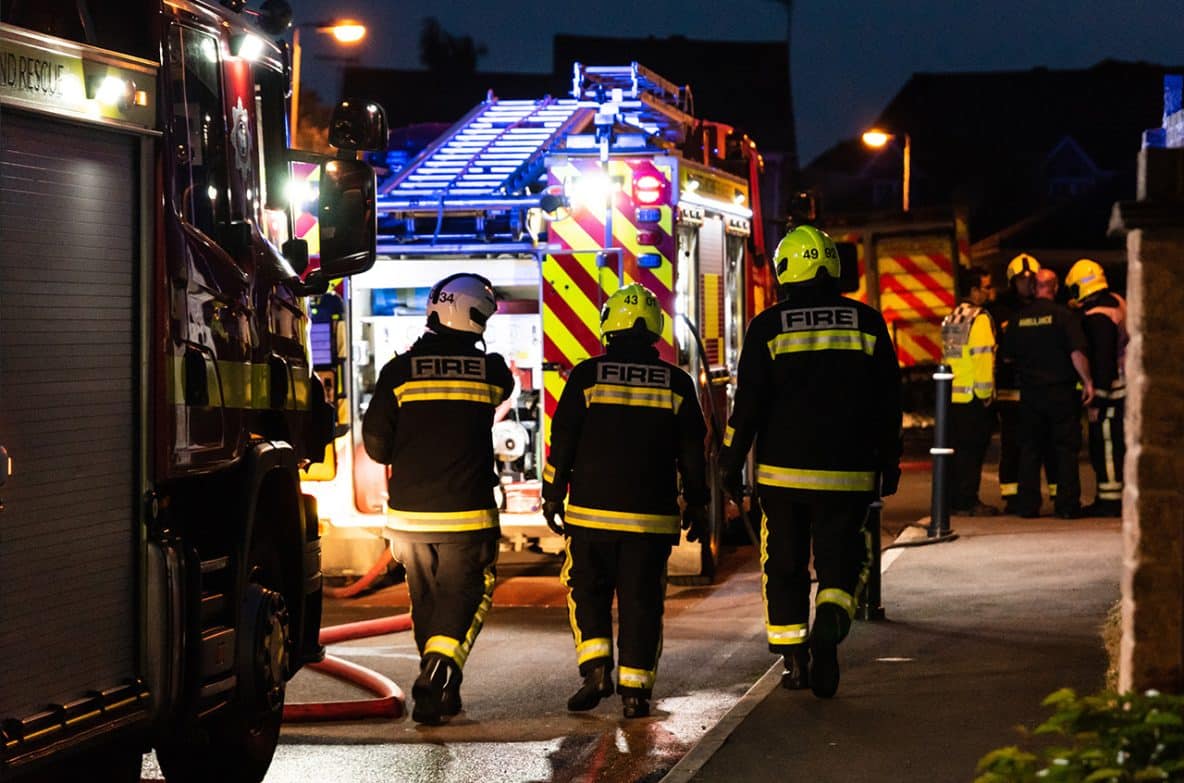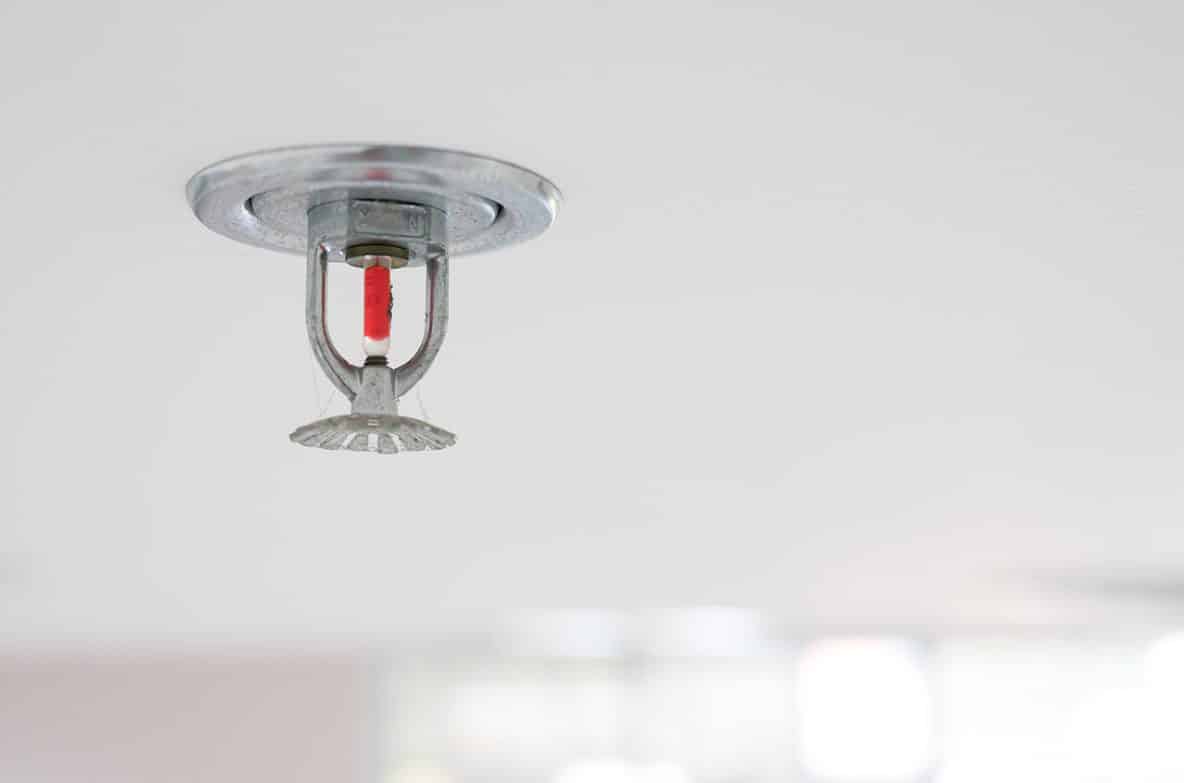Stress is defined by the Health and Safety Executive (HSE) as ‘the adverse reaction people have to excessive pressures or other types of demand placed on them’. Stress can affect a person’s physical and mental health and cause burnout, anxiety, and depression. Stress can be caused by factors at work such as conflicting demands, conflict at work, lack of support … Read More
Regulation deadline approaching for employees working with di-isocyanates
Under the regulations¹, from 24th August 2023, anyone whose work involves use of di-isocyanates either on their own or where the chemical is part of another substance or mixture (except for when in very low concentrations), is required to have completed specific training. Di-isocyanates can be found in many applications including, paints, adhesives, spray foams, sealants, inks and is used in … Read More
New Safety Videos for Boaters using Inland Waterways
A new set of five videos regarding the safe use of inland waterways, have been released by the Environment Agency in partnership with the Canal and River Trust. The videos each cover a different topic and are all around 5 mins in length making them a quick and easy watch. Additionally the animated format of the videos makes them accessible … Read More
Fire Safety Regulations to Come into Force 1st October 2023
As part of the third phase of the Home Office’s fire safety reform programme a series of new fire safety guidance and regulations will come into force in England on the 1st of October 2023. The new regulations follow the first two phases which were the Fire Safety Act 2021 (phase 1) and the Fire Safety (England) Regulations 2022 (phase … Read More
Climate Change Risk Assessment and Adaptation Planning Guidance
The Environment Agency has released guidance on how to effectively integrate climate change risk assessment and adaptation planning into management systems. The guidance is designed for organisation already operating with management systems under an environmental permit. The guidance considers the effects of climate change as a whole rather than specific elements due to the wide range of impacts organisations may … Read More
HSE Launch Asbestos and You Campaign
Work Right is a campaign initiative launched by the HSE which aims to help smaller businesses and workers. This provides guidance on a number of work related health and safety matters including mental health, musculoskeletal disorders and conditions that affect the back, joints and limbs and lung disease. As part of this overall campaign the HSE recently launched Asbestos & … Read More
Updated Guidance on Protecting Buildings from Fire and Sprinkler Maintenance
Updated building fire safety guidance documents have recently been made available from the Fire Protection Association / RISCAuthority, these include: The latest edition of the guide “A to Z of essential principles in the protection of buildings”. This sets out to identify and order aspects of building design and construction that can be strengthened to protect property and business against … Read More
Managing Trees Safely
Two employers recently received significant fines after children were killed or seriously injured by falling trees on their property. In the first case Newcastle City Council were fined £280,000 after an incident on 25th September 2020 in which a tree in poor condition in a school playground, fell causing the death of a six year old girl. In the second … Read More
New Guidance for Supporting Employees with Disabilities and Long-term Health Issues
Statistics show that despite record high levels of employment in the UK currently there is still a significant disability employment gap and disabled people are twice as likely to fall out of work once gaining work. The HSE has published new guidance to help employers support their disabled staff and those with long-term health conditions. The guidance is primarily aimed … Read More
Working Minds Campaign Anniversary
The HSE launched their Working Minds campaign in November 2021 in response to a worsening of employee’s health during the pandemic. To mark the first anniversary of the campaign the HSE have announced that since starting the campaign the number of partners has more than doubled reaching 1000 signed up champions with the most recent additions being the Institution for … Read More








